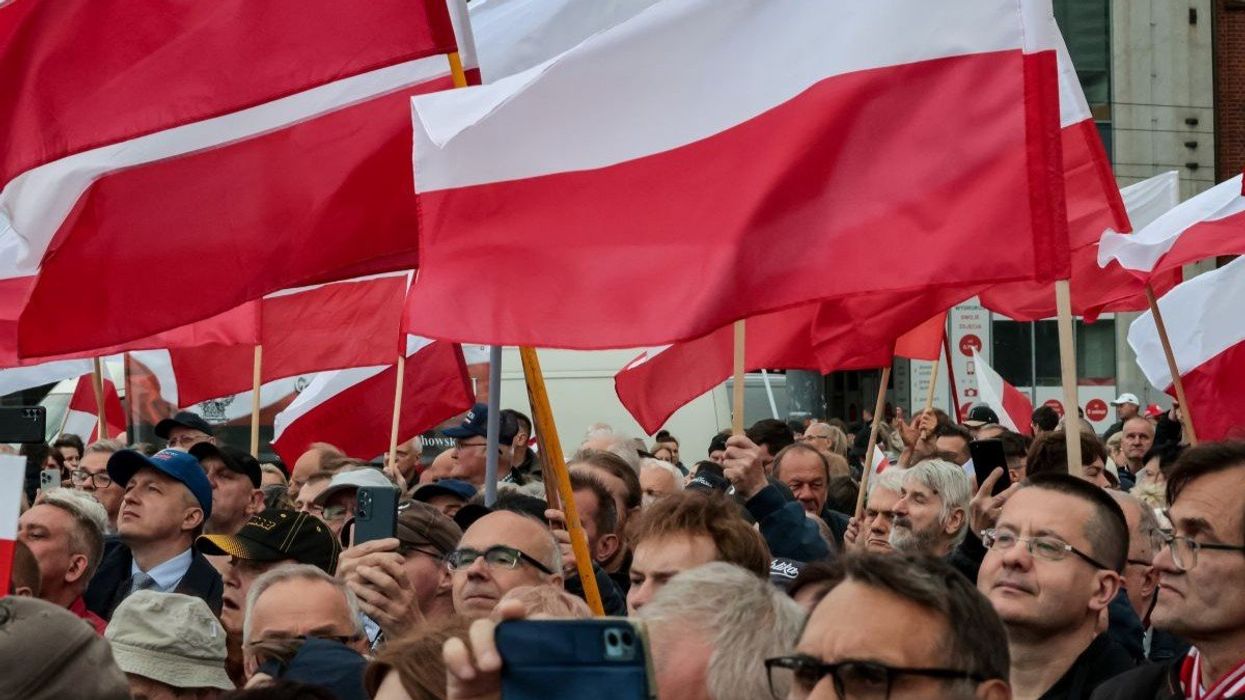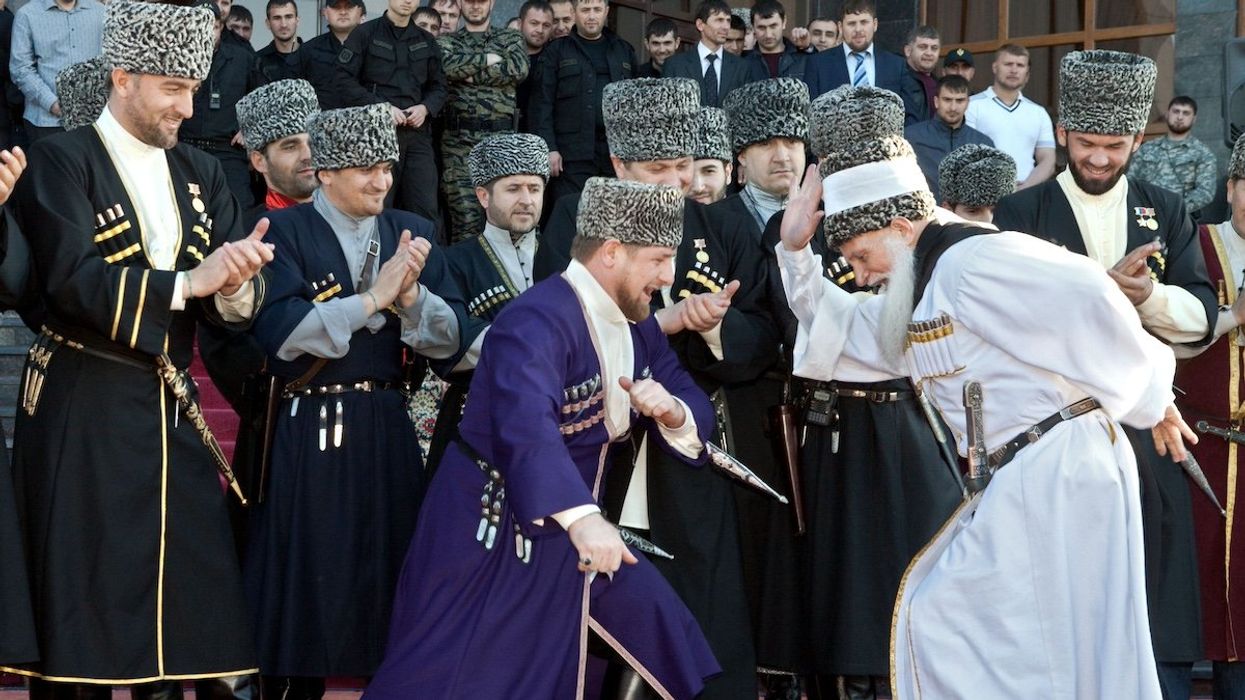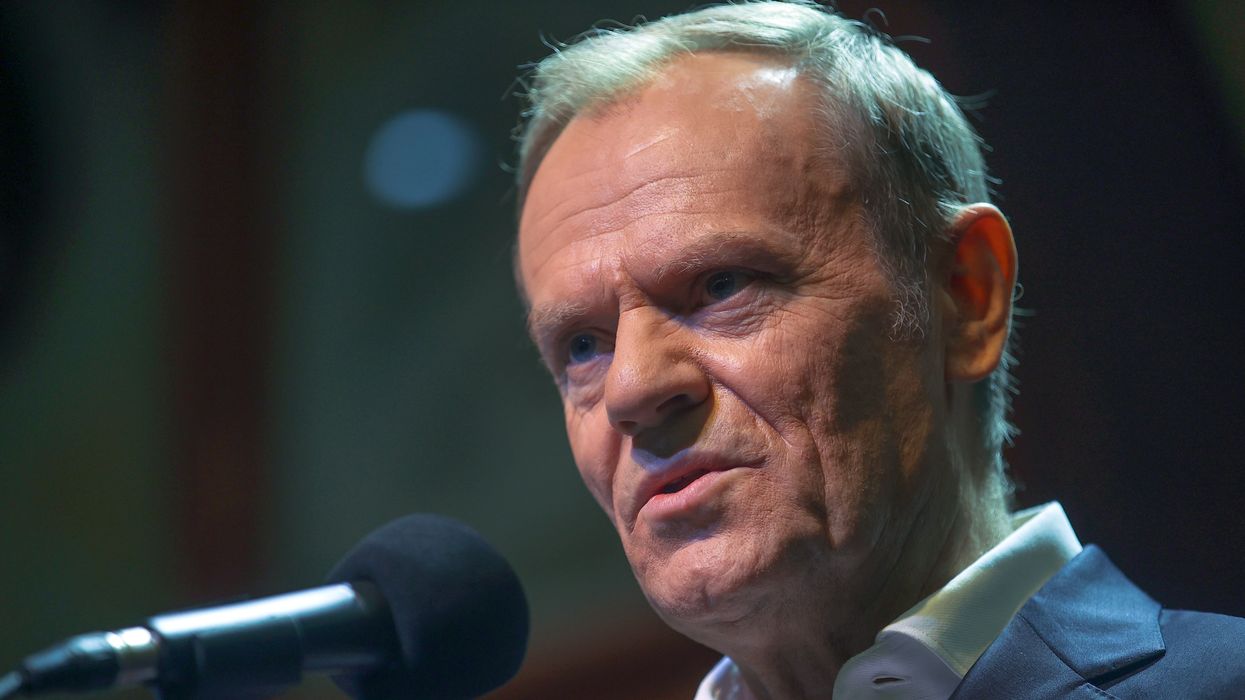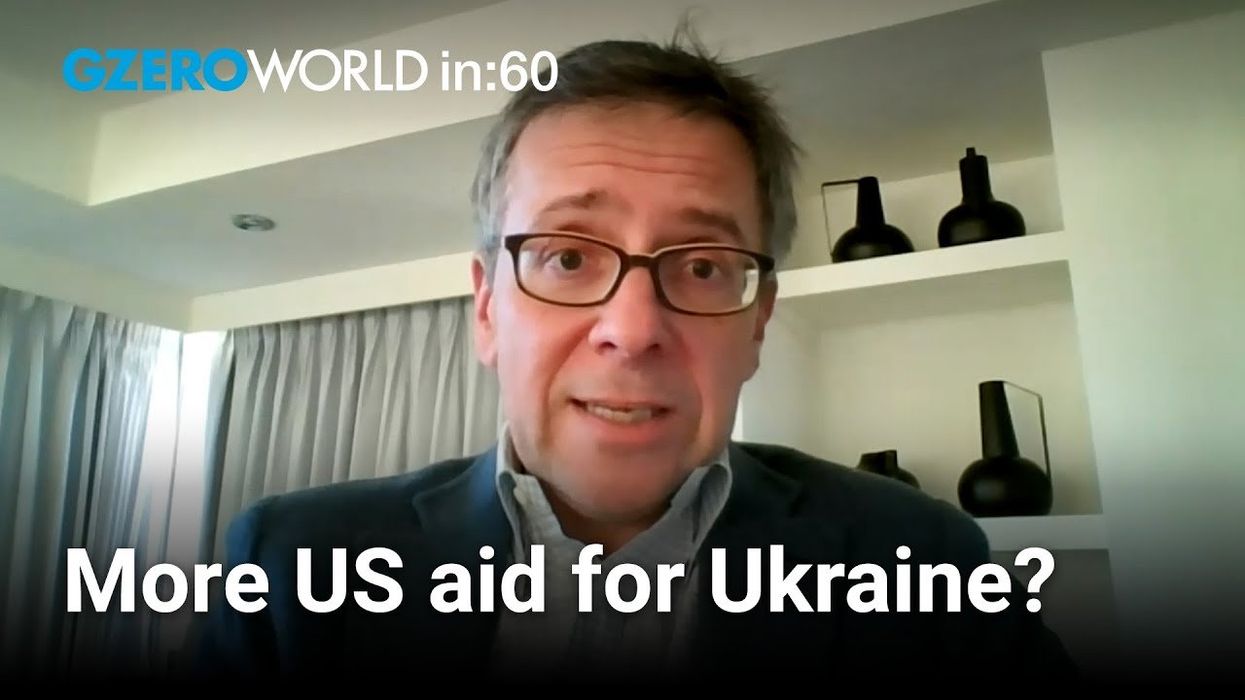What We're Watching
What We’re Watching: Polling day for Poland, China courts Pacific Islanders, Russia readies more troops
Poland holds the final round of its presidential election on Sunday, China offers funds to Pacific Island nations to speed up trade deals, and Russia readies troops at another portion of the Ukrainian border.
May 29, 2025





